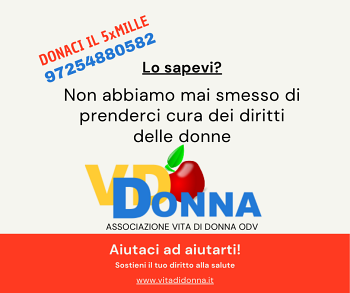Food supplements for new lifestyles
New foods for new lifestyles – Where are we getting our vitamins and minerals from? Food supplements and fortified foods are being used more and more by consumers, leading to increasing amounts of shelf-space in health-food shops, pharmacies, and supermarkets.
But what exactly are food supplements and fortified foods, and what are they for?
Food supplements As lifestyles get ever more hectic, and the time to plan meals moves down people's list of priorities, the demand for and use of food supplements is increasing. Food supplements are concentrated sources of nutrients or other substances with a nutritional or physiological effect.
People take them to supplement the nutrients they get from their normal diet. They come in convenient forms, such as pills, tablets, capsules, or liquids in measured doses. Food supplements were, until recently, subject to different laws in different EU countries. However, as of 31 July 2003, Member States are required to implement an EU law that lists which vitamins and minerals may be used to manufacture supplements and in what form.
It authorises the European Commission to limit the quantity of vitamins and minerals in food supplements and it harmonises rules on labelling. What should labels tell us? One of the primary aims of the EU legislation on food supplements is to create a single European market for these products. This means that manufacturers play on an even field, and that consumers are assured of comparable products wherever in Europe they buy them.
Comparable products also mean comparable labelling. European legislation requires all manufacturers to state on labels that a product is a "food supplement", to say what categories of nutrients it contains (e.g. vitamins, minerals), the recommended daily dose, and a warning not to exceed this dose.
Packages must not state that food supplements could be used to replace a healthy, balanced diet, nor claim that they could treat or cure any disease. Labels must make clear that these products should be kept out of the reach of young children. While food supplements may be a handy way of topping up nutrients that may be lacking in a person's diet (see also article on the SUVIMAX study in this issue), they are not the only source of extra vitamins and minerals. Another growing market is that of fortified foods. Fortified foods Fortified foods are food products to which extra nutrients have been added.
There may be a number of reasons for doing this, such as to replace nutrients lost during manufacturing, processing, and storage, to give substitute foods similar nutritive value to another food (e.g. adding vitamins present in butter to margarine), or to enrich foods that may or may not already contain certain nutrients. In the same way as for supplements, the European Union is developing legislation to harmonise requirements for fortified foods.
As well as listing which vitamins and minerals may be added to foods, the legislation is expected to regulate the foods to which vitamins and minerals may be added.
As consumers may perceive foods bearing a claim as "good" foodss, the legislator finds necessary to restrict the use of claims on some foods based on their nutritional profile. Foods versus medicines EU legislation defines medicinal products as substances for treating or preventing human disease.
Medicines are strictly regulated substances and are often only available if prescribed by a doctor. However, fortified foods and supplements are not allowed to claim to be a treatment or cure for human diseases. An additional source of vitamins and minerals Food supplements and fortified foods are one way to remedy the sub-optimal intake of certain nutrients from the diet that may be created by a number of factors, including dietary, social, cultural, and aesthetic.
From the point of view of David Byrne, EU Commissioner for health and consumer protection, "We must be clear that a varied diet remains the best solution for a healthy development and life.
Food supplements mainly serve to compensate for inadequate intake of essential nutrients by certain people or specific population groups, or, for some, to increase their intake of such nutrients.
Labels on these products must give consumers adequate and clear information about how to use and how not to use them.
References: European Food Information Council (EUFIC) Date last updated: 25 November 2006





